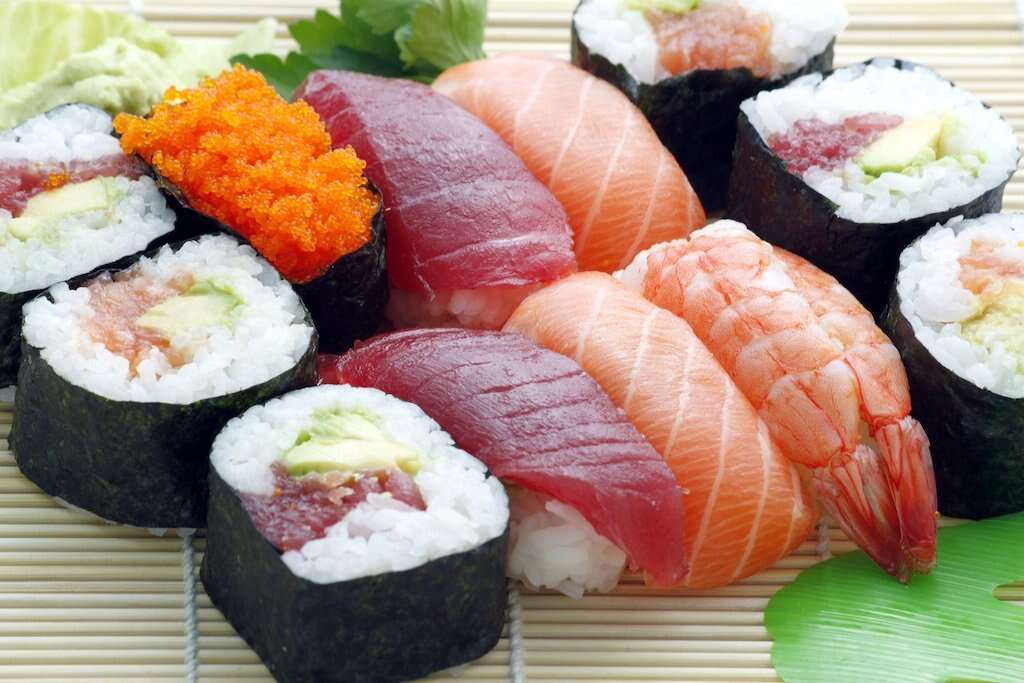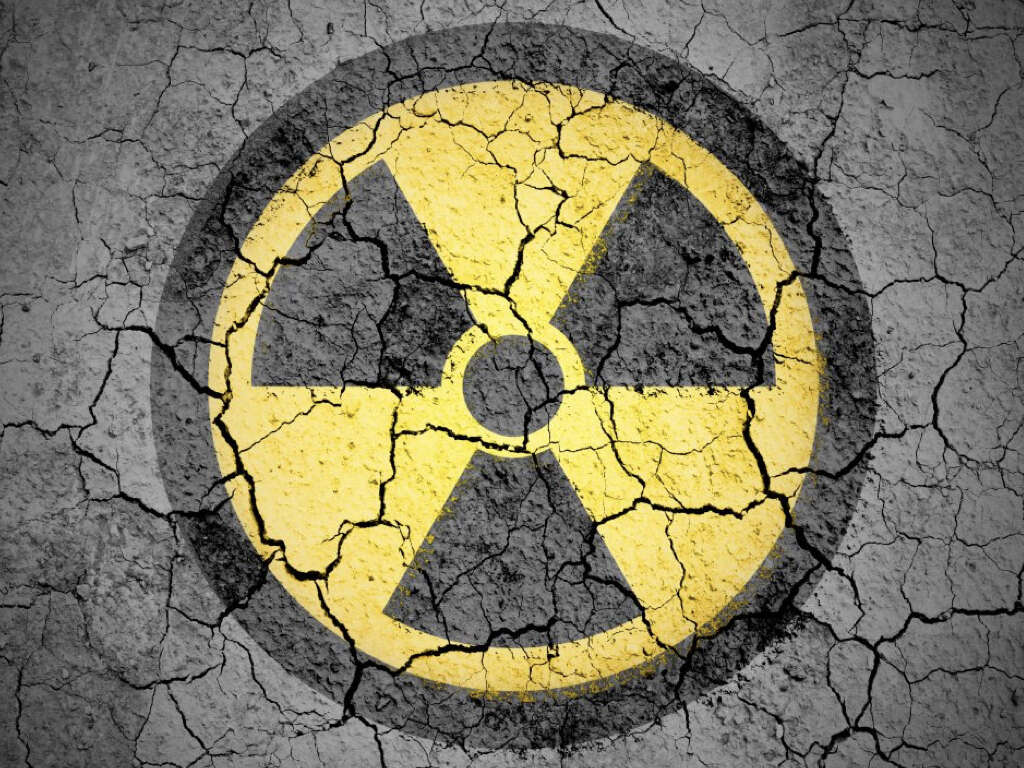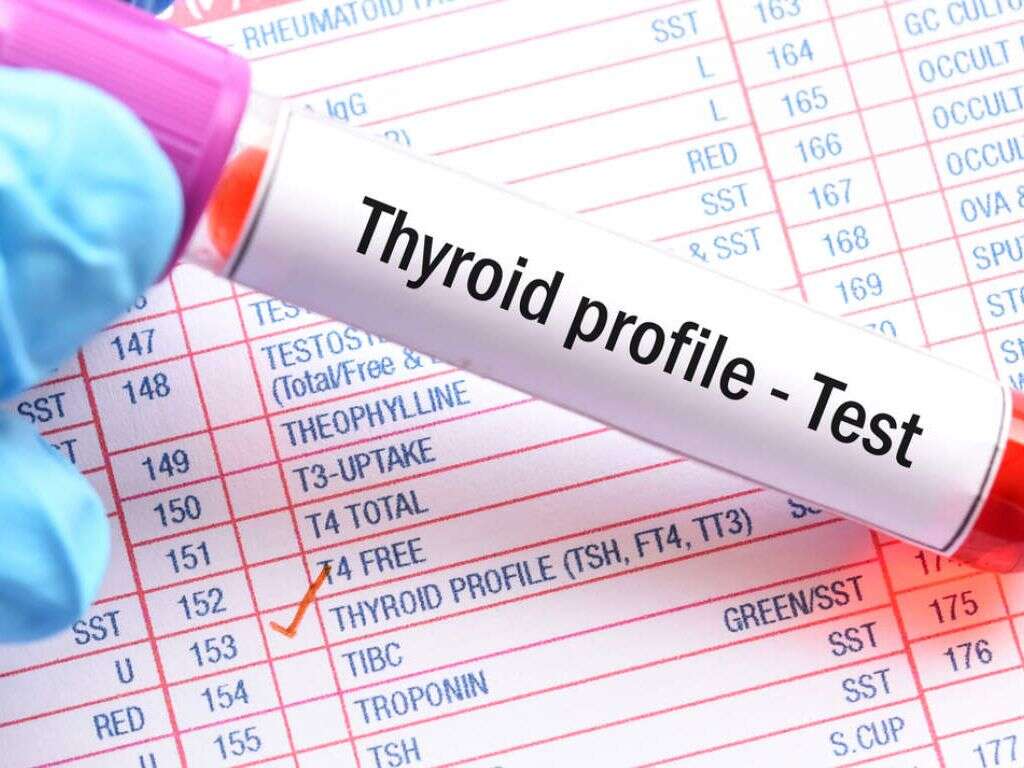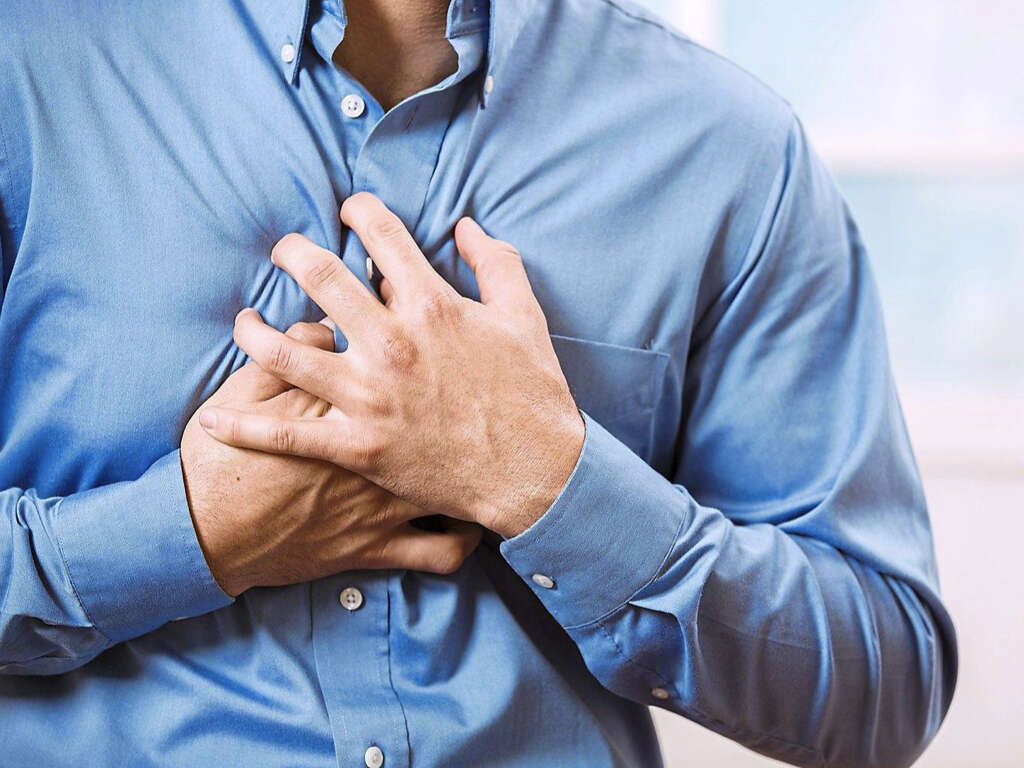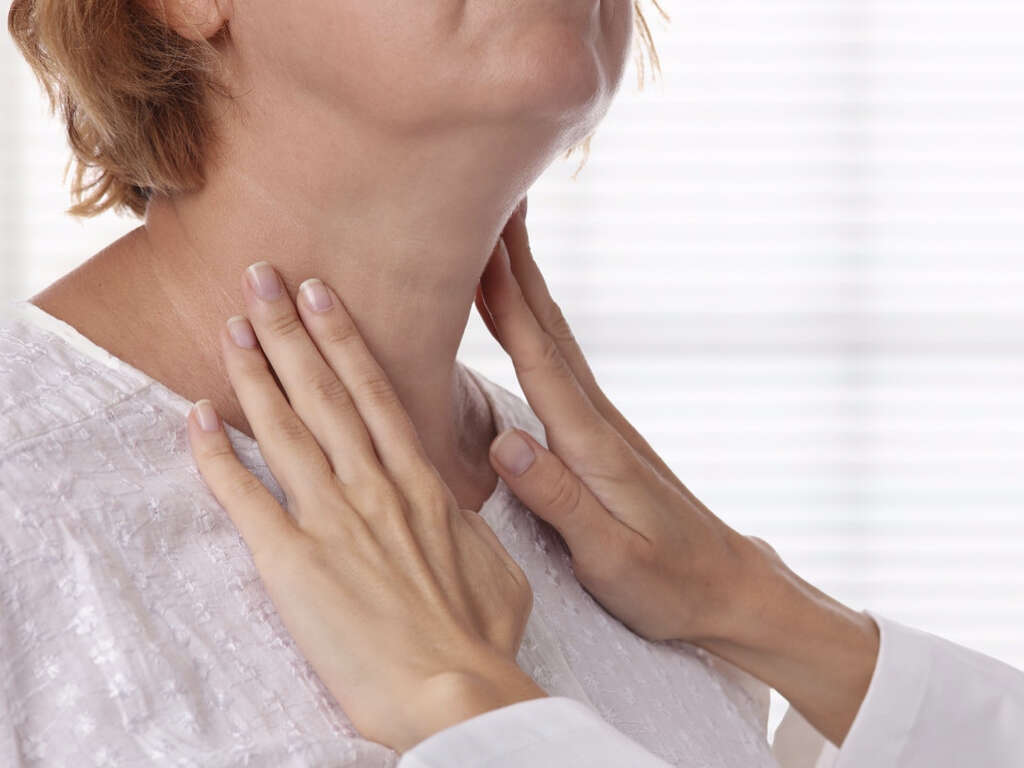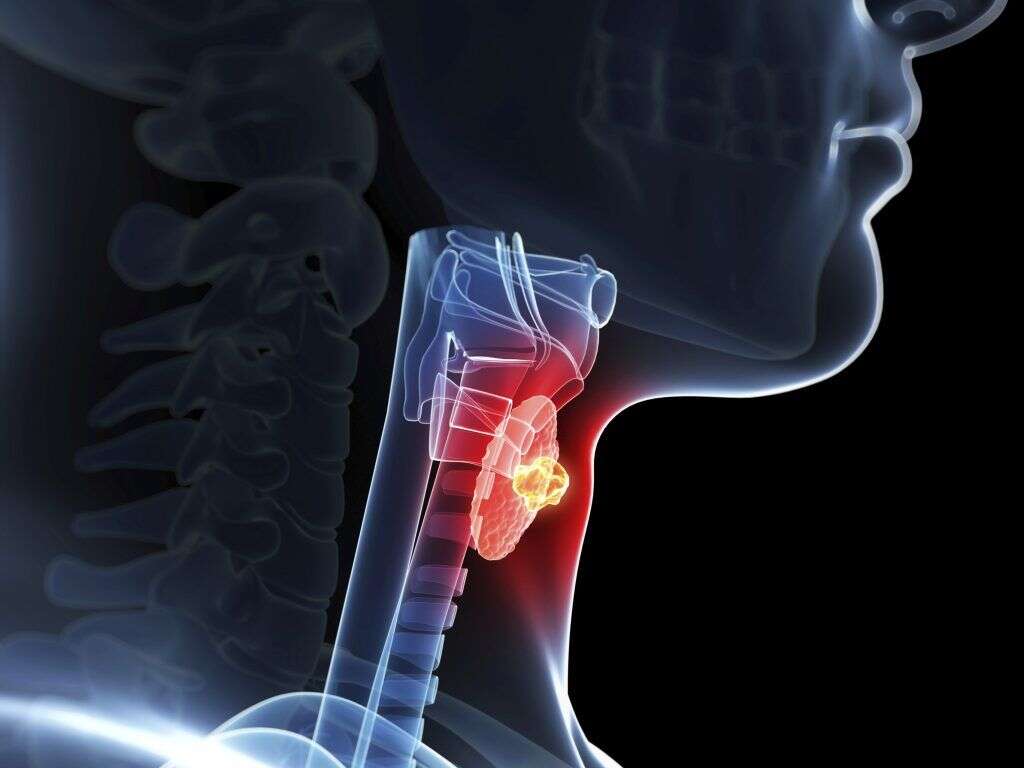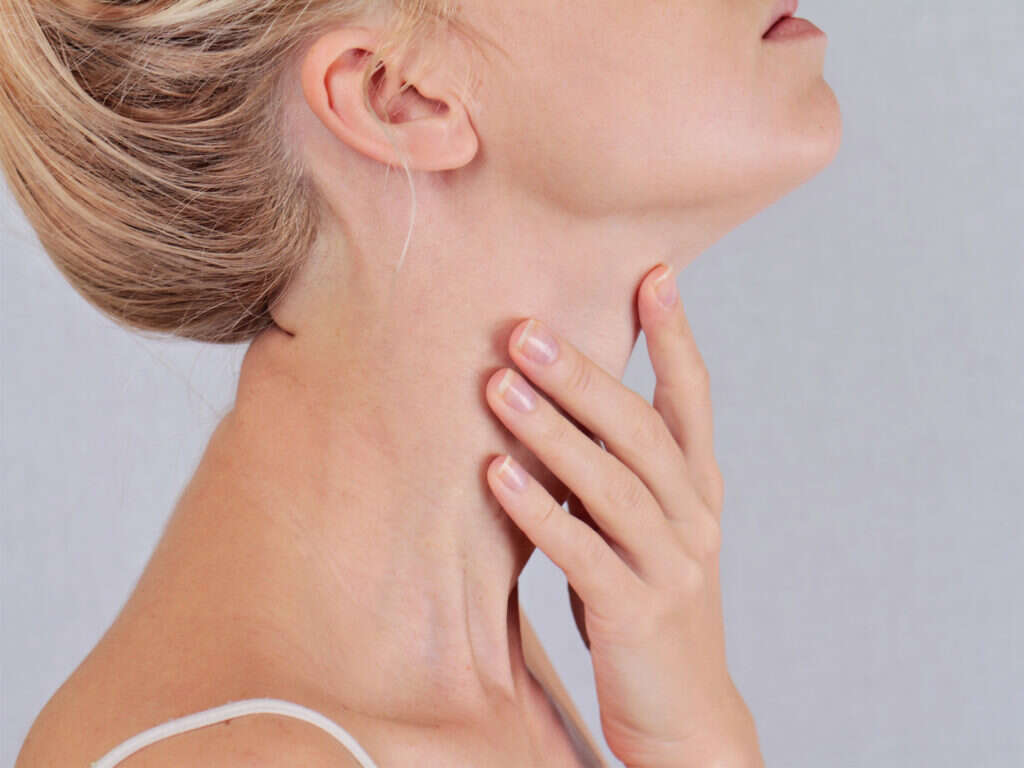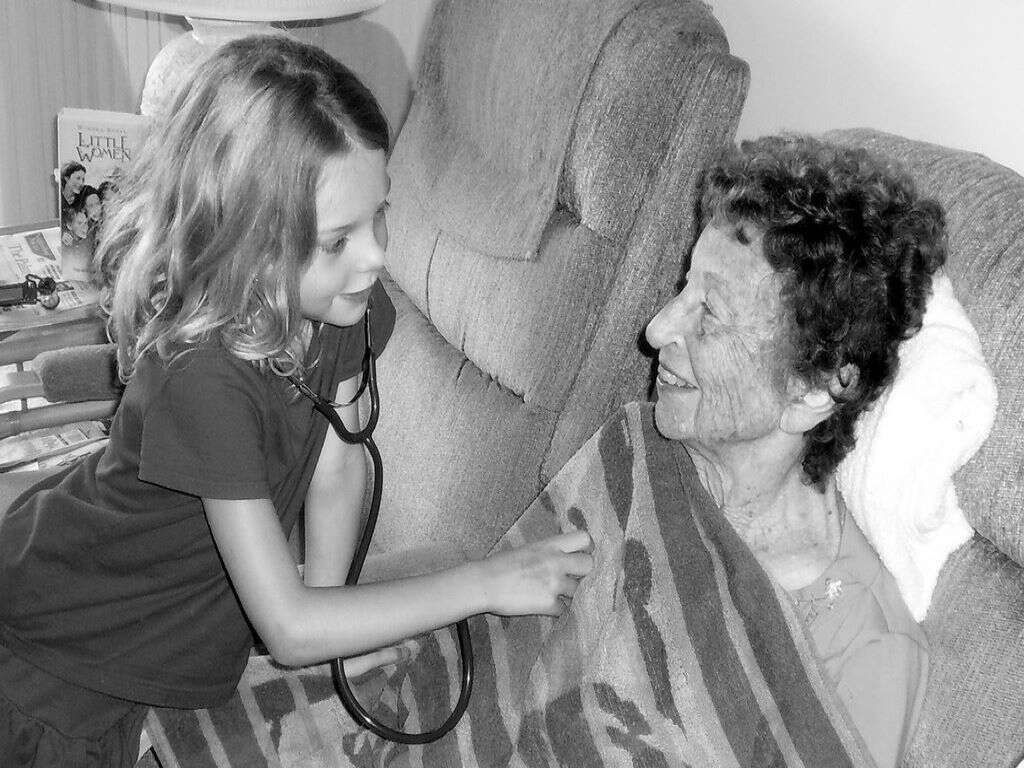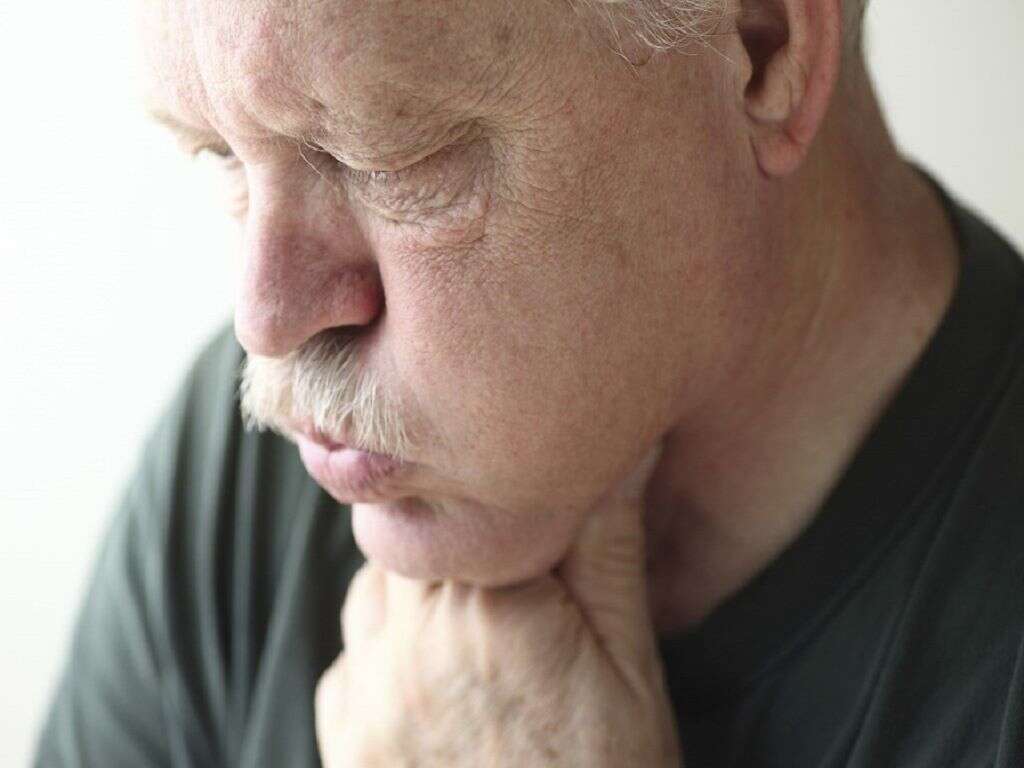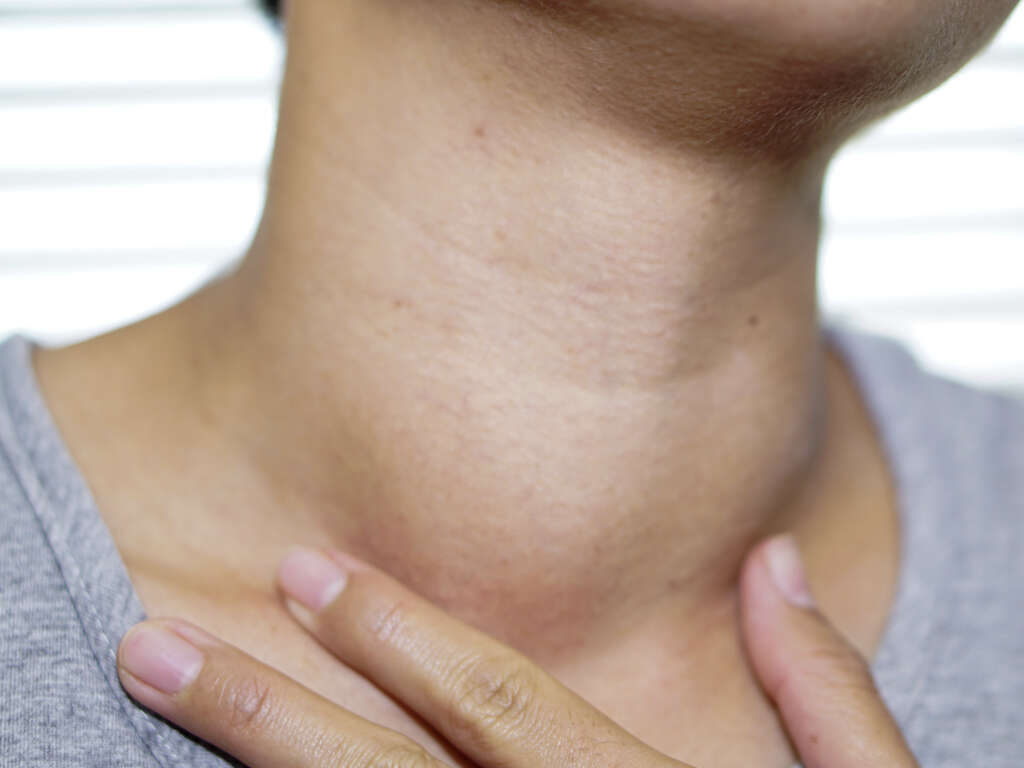Hypothyroidism Diet Foods to Eat, Foods to Avoid
 Article Sources
Article Sources
- 1. 'Hypothyroidism (Underactive Thyroid).' Mayo Clinic, Mayo Foundation for Medical Education and Research, 19 Nov. 2020, www.mayoclinic.org/diseases-conditions/hypothyroidism/symptoms-causes/syc-20350284.
- 2. 'Hypothyroidism.' American Thyroid Association, www.thyroid.org/hypothyroidism/.
- 3. 'Can Certain Foods Increase Thyroid Function in People with Hypothyroidism?' Mayo Clinic, Mayo Foundation for Medical Education and Research, 4 Sept. 2019, www.mayoclinic.org/diseases-conditions/hypothyroidism/expert-answers/hypothyroidism-diet/faq-20058554.
- 4. 'Hypothyroidism: A Booklet for Patients and Their Families.' American Thyroid Association, 2019, www.thyroid.org/wp-content/uploads/patients/brochures/Hypothyroidism/web/booklet.pdf.
- 5. NHS Choices, NHS, www.nhs.uk/conditions/underactive-thyroid-hypothyroidism/treatment/.
- 6. 'Thyroid and Diet Factsheet.' British Thyroid Foundation, www.btf-thyroid.org/thyroid-and-diet-factsheet.
- 7. 'Levothyroxine: MedlinePlus Drug Information.' MedlinePlus, U.S. National Library of Medicine, medlineplus.gov/druginfo/meds/a682461.html.
- 8. Team, Chronic Conditions. 'Foods and Supplements You Should Avoid With Thyroid Issues.' Health Essentials from Cleveland Clinic, Health Essentials from Cleveland Clinic, 5 Oct. 2020, health.clevelandclinic.org/thyroid-issues-what-you-need-to-know-about-diet-and-supplements/.
- 9. 'Straight Talk About Soy.' The Nutrition Source, 3 Mar. 2021, www.hsph.harvard.edu/nutritionsource/soy/.
- 10. 'Iron-Rich Foods and Anemia.' Cleveland Clinic, my.clevelandclinic.org/health/diseases/14621-iron-rich-foods-and-anemia.
- 11. Vol 11 Issue 12 P.3- American Thyroid Association, www.thyroid.org/patient-thyroid-information/ct-for-patients/december-2018/vol-11-issue-12-p-3-4/.1
- 12. 'Cruciferous Vegetables and Cancer Prevention.' National Cancer Institute, www.cancer.gov/about-cancer/causes-prevention/risk/diet/cruciferous-vegetables-fact-sheet.
- 13. 'Mayo Clinic Q and A: Hypothyroidism, Spinach and Kale.' Mayo Clinic, Mayo Foundation for Medical Education and Research, newsnetwork.mayoclinic.org/discussion/mayo-clinic-q-and-a-hypothyroidism-spinach-and-kale/.
- 14. Ventura, Mara, et al. 'Selenium and Thyroid Disease: From Pathophysiology to Treatment.' International Journal of Endocrinology, Hindawi Publishing Corporation, 2017, www.ncbi.nlm.nih.gov/pmc/articles/PMC5307254/.
- 15. 'How to Add More Fiber to Your Diet.' Mayo Clinic, Mayo Foundation for Medical Education and Research, 6 Jan. 2021, www.mayoclinic.org/fiber/art-20043983/in-depth/art-20043983.
3. Foods Containing Iodine and Kelp
Under normal circumstances, the thyroid gland requires iodine to produce thyroxine. In the United States, iodine is present in many foods. People with hypothyroidism who take synthetic thyroid replacement medication should only use iodine supplements, like kelp, under medical supervision, because they can interfere with the benefits of their medication.
Occasionally consuming foods containing kelp isn't harmful.6‘Thyroid and Diet Factsheet.’ British Thyroid Foundation, www.btf-thyroid.org/thyroid-and-diet-factsheet.,8Team, Chronic Conditions. ‘Foods and Supplements You Should Avoid With Thyroid Issues.’ Health Essentials from Cleveland Clinic, Health Essentials from Cleveland Clinic, 5 Oct. 2020, health.clevelandclinic.org/thyroid-issues-what-you-need-to-know-about-diet-and-supplements/. Note that table salt has added iodine to avoid a deficiency in this nutrient. Himalayan salt contains very little amounts of iodine in its natural form.
Advertisement
